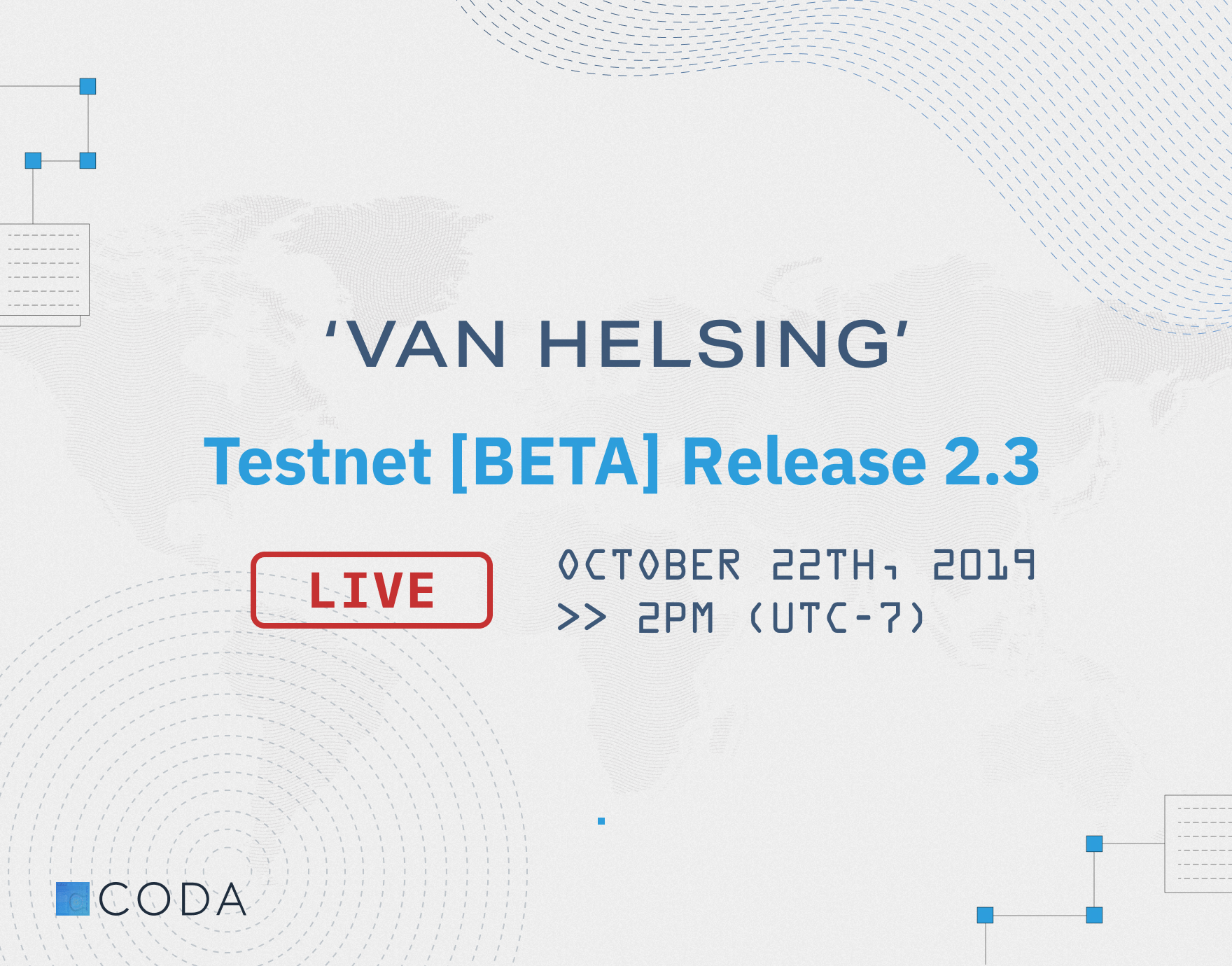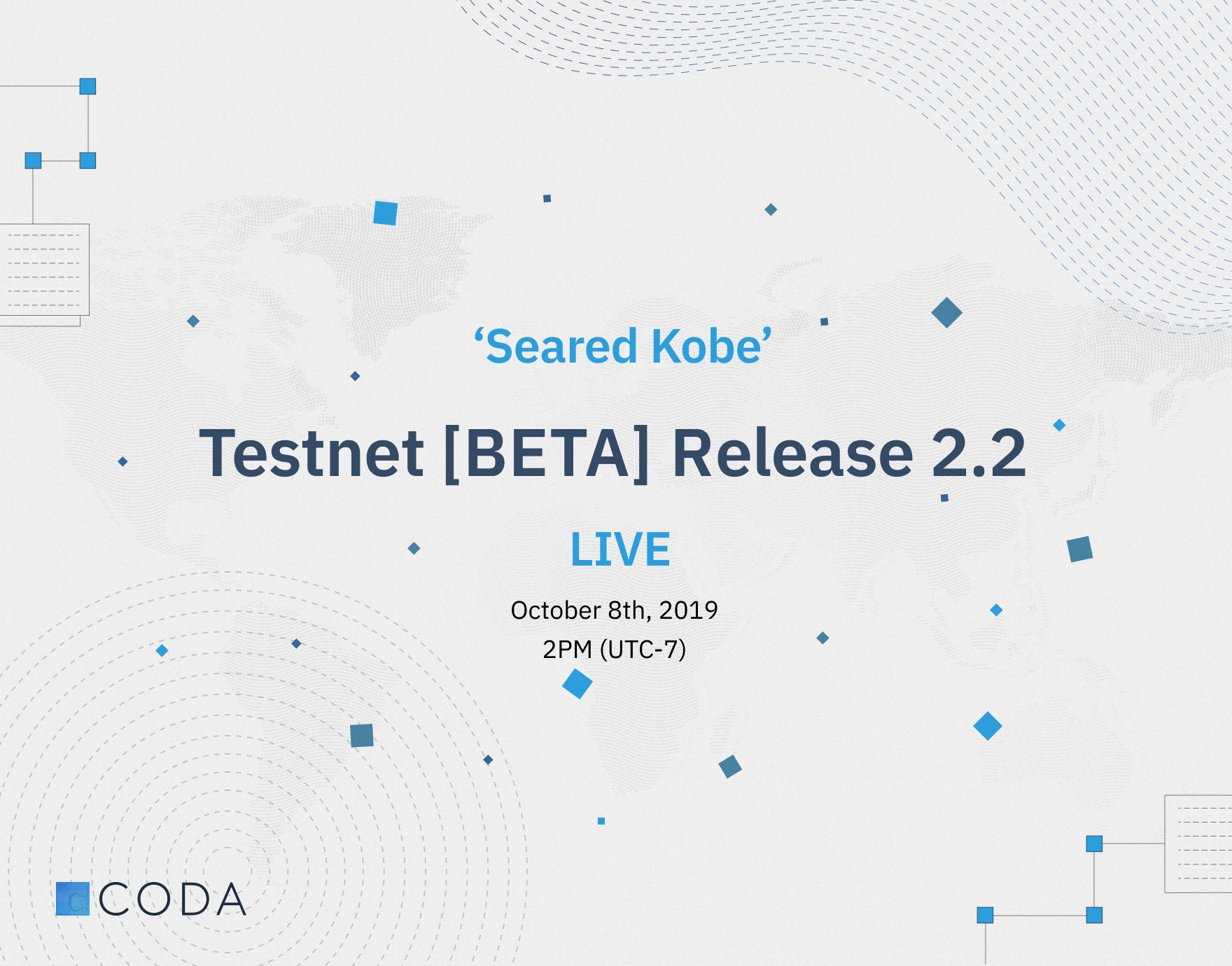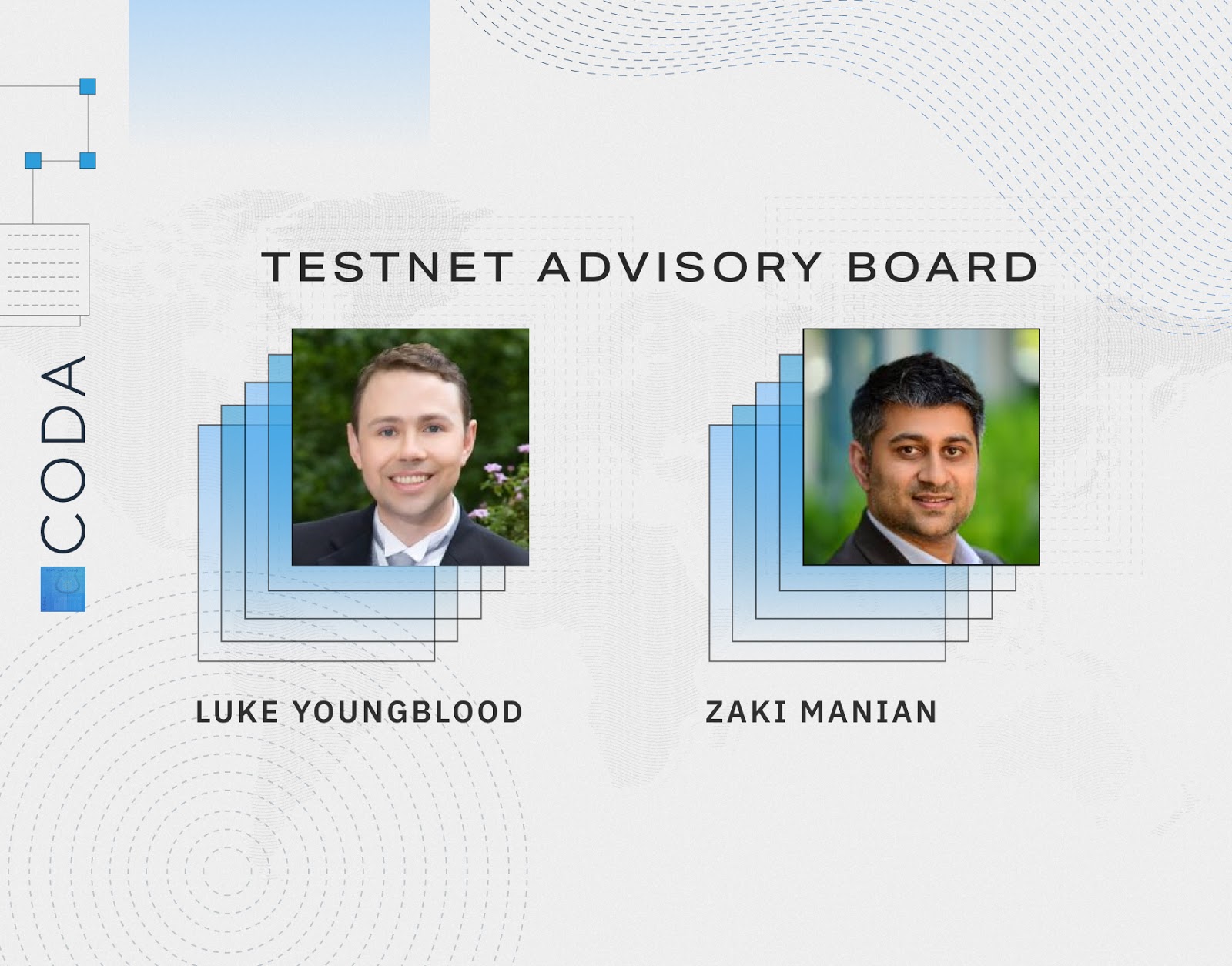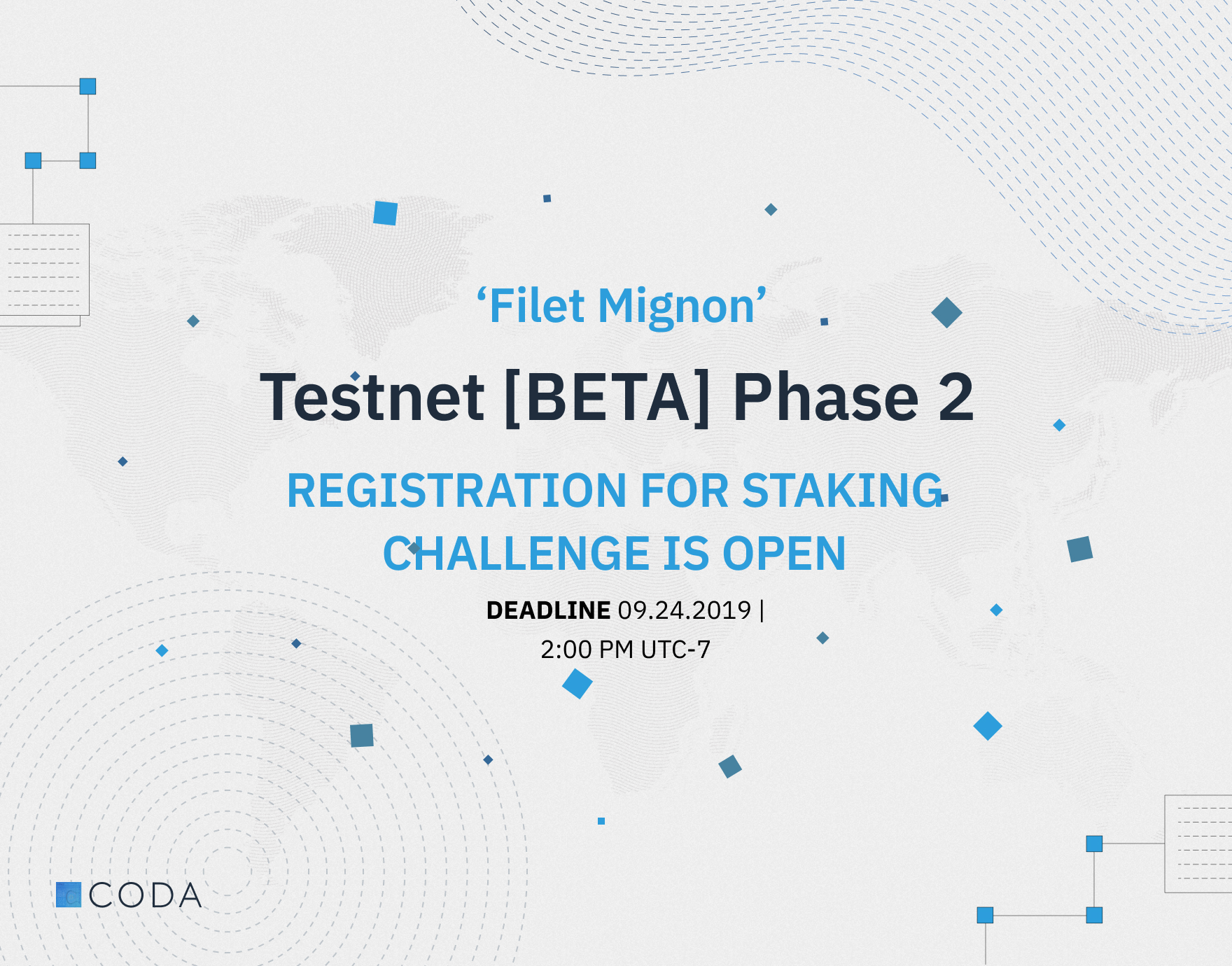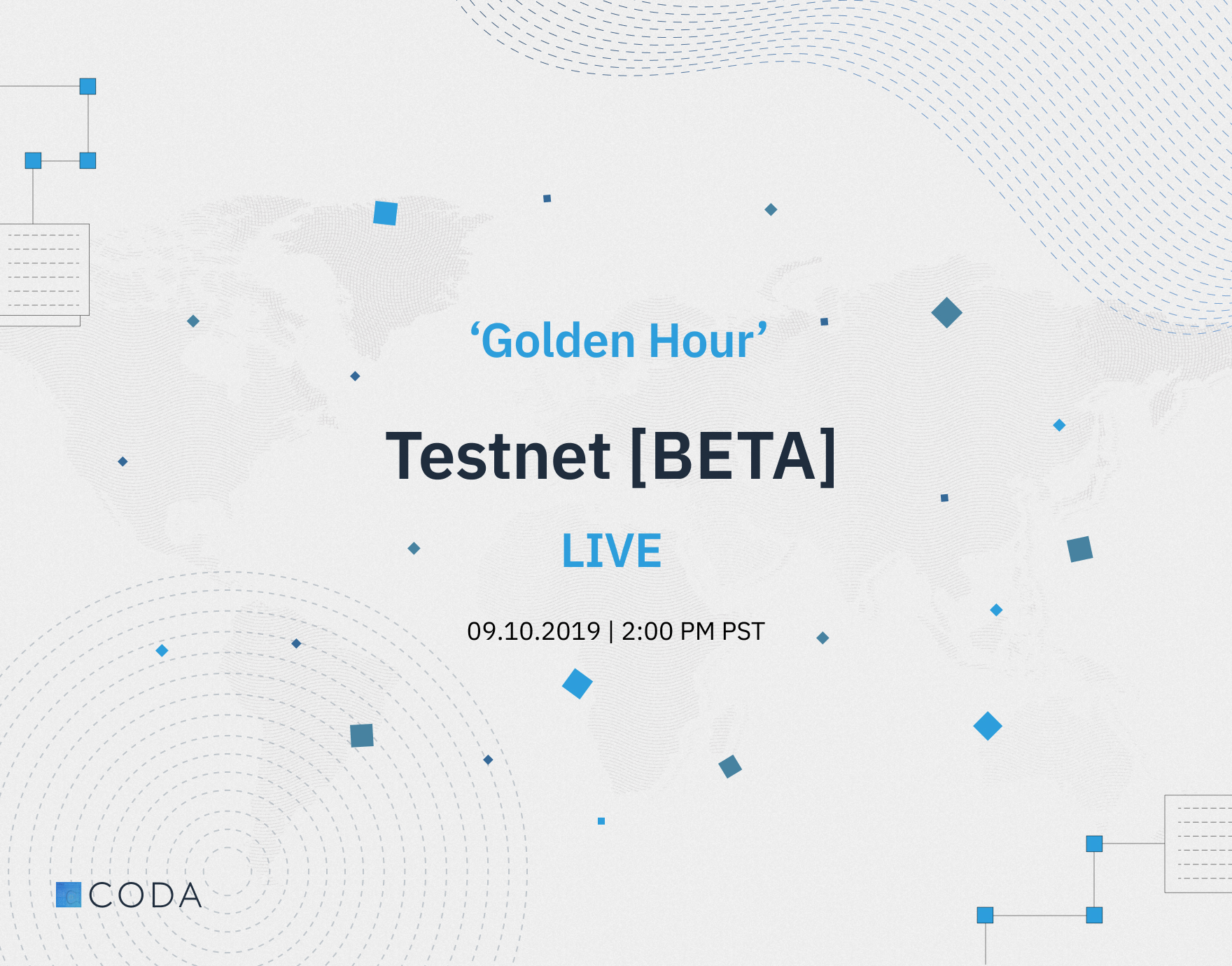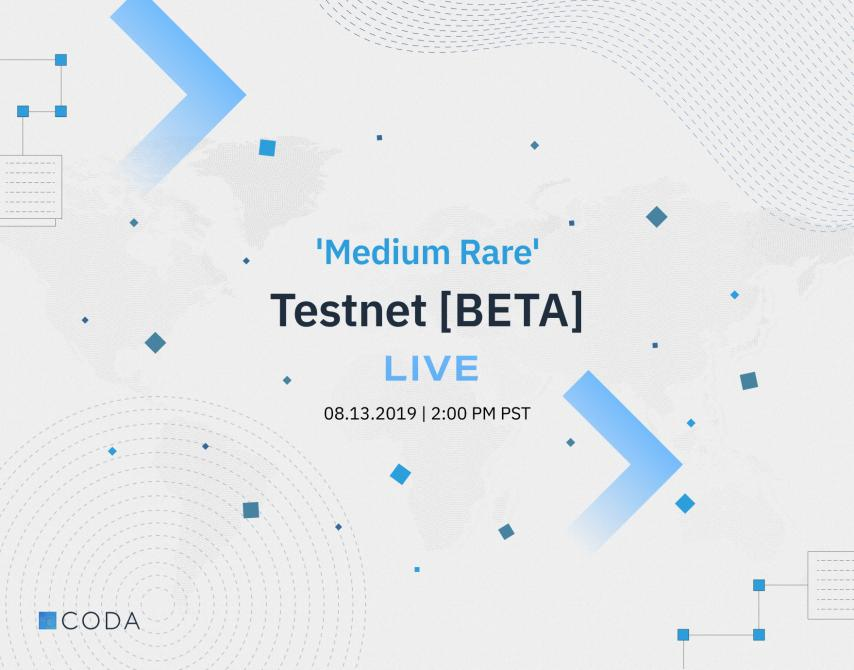Get Started
Zero Knowledge Proofs. zk-SNARKs. These terms are frequently used in cryptocurrency circles, often in the context of making transactions private. In the context of Coda Protocol, they are an essential part of our principal innovation: a small, constant-sized blockchain. Their origins extend back to 1985, when zero knowledge proofs were first explained in the paper “The Knowledge Complexity of Interactive Proof-Systems.” But the question remains: what actually are they?The central vision of cryptocurrencies is to enable indivduals to decrease their reliance on centralized powers and third parties intermediaries. zk-SNARKs are an innovation that can make that vision a reality. Yet, because zk-SNARKs are so complex, it’s challenging to find clear, accessible resources. Our team of cryptographers and engineers compiled, summarized and reviewed the available resources to help you get started, whether you’re a beginner or an expert. Know of a resource we should include? Let us know in the comments section below.
First, Izaak and Vanishree, two members of our cryptography team who have devoted their lives to the study of zk-SNARKS, will get you started with an introduction.
Zero-knowledge Proofs: An Intuitive Explanation
Vanishree Rao, a cryptographer working on Coda Protocol, offers up this explanation, using the classic 3 coloring problem to introduce key concepts including soundness, zero-knowledgness, and verifiers. Highly visual, this short (<5 minute) read is a great place to start.
